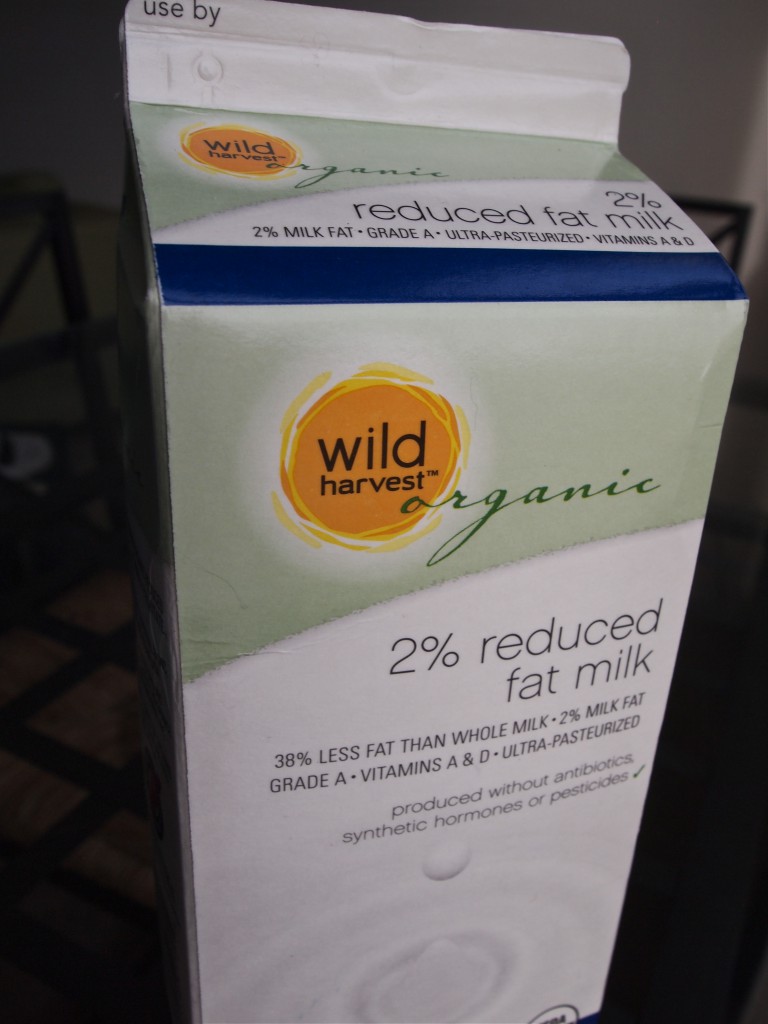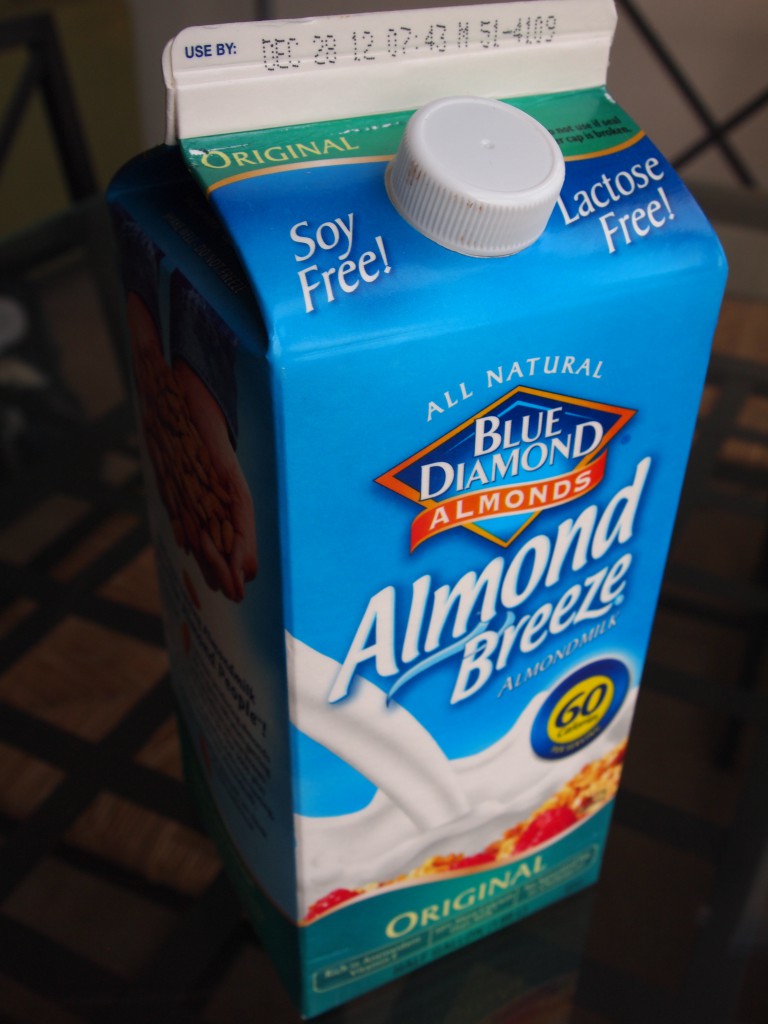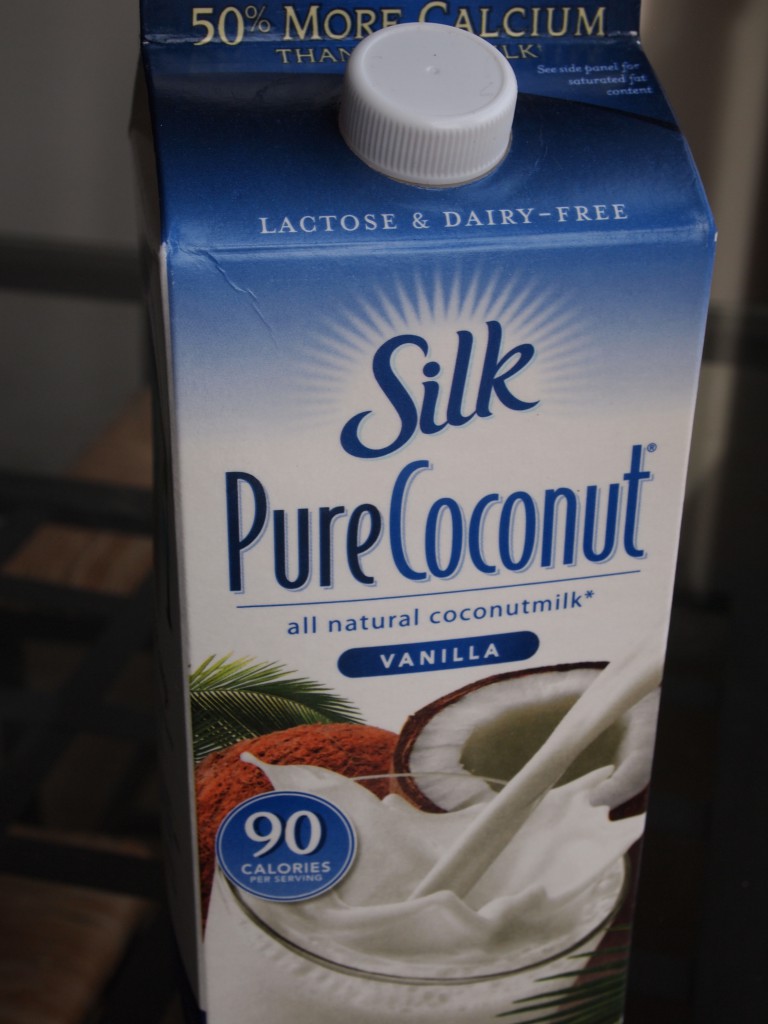We’ve all seen the “Got Milk?” ads featuring celebrities sporting milk mustaches, but is cow’s milk really all it’s cracked up to be? Everyday Health recently posted an article examining how cow’s and plant-based milks compare in terms of cholesterol content. The results may make you second-guess what you use to top your morning cereal.
If you’re watching your cholesterol, then choose 2%, 1%, or skim milk instead of whole milk. These milks contain 22, 13, and 4 milligrams of cholesterol, respectively, in comparison to 35 milligrams of cholesterol in whole milk. Powdered milk is an equally nutritious and economical option.

Photo by Kendra Valkema
Raw, unpasteurized milk may sound enticing thanks to the recent fixation with unprocessed foods, but studies find it’s better to stick with pasteurized milk. The risk of catching a foodborne illness from raw milk is 150 times that of pasteurized milk. Especially during finals week, you don’t want to make a choice that might cost you a few days of illness.
For dairy-free milk, look to soy, almond, rice and hemp milk. Plant-derived milks are free of cholesterol and saturated fats because these compounds are only found in animal matter. Depending on how much sweetener is added, this type of milk ranges between 70 and 140 calories per 8 ounce serving. They even contain nutrients that cow’s milk lacks. Almond milk has vitamins E and B12, while soy, rice and hemp milk contain compounds that can help improve your cholesterol profile.

Photo by Kendra Valkema
When considering the nutritional value of milk, it is important to consider your own lifestyle and needs. There are two types of milk that the article lists it as “Don’t,” but we prefer to categorize them as “Maybe.” In terms of cholesterol, Muscle Milk and whole milk are not the best options. However, depending on your lifestyle, you might need some extra protein and fat, and if this is the case then cholesterol likely isn’t an issue for you.
Coconut milk has not been widely-researched, so its effects on cholesterol are not yet known. However, the fat in coconut milk may increase high-density lipoproteins (the good type of cholesterol) and decrease low-density lipoproteins (the bad type). It is also high in vitamin D and calcium.

Photo by Kendra Valkema
Note: The Everyday Health article we have consulted was appreciably written by a doctor and reviewed by another doctor. It is difficult to find accessible health information on the internet that you can trust, and the fact that two doctors have attached their names to this article makes it much more credible. However, while the article uses “do” and “don’t” references to these milk choices, every body is different, and we all need different foods to sustain us and keep us healthy. Eating is not one-size-fits-all, so take the “do” and “don’t” mandates with a grain of salt.

